Tempo Passato : Italian Past Tense
Italian uses two past tenses to describe actions that happened in the past, L’imperfetto (the imperfect tense) and Passato Prossimo (the perfect tense).
L’IMPERFETTO
This tense is used to describe actions that continued in the past over a period of time or occurred multiple times. In Italian this tense is formed by a single verb while in English it is formed by two verbs, an auxiliary verb and the past participle.
Ascoltavo la radio. I was listening to the radio.
Pensavo a te. I was thinking about you.
Guidavo la macchina quando ho sentito la scuilla del cellulare. I was driving a car when I heard cell phone ring.
The majority of the verbs have regular forms in Imperfetto with only few verbs being irregular.
REGULAR VERBS
The tense is formed by each verb group –are, -ere, -ire adding standard endings to the stem.
| Studiare
to study |
Mangiare
to eat |
Partire
to leave |
|
| Io | Studiavo | Mangiavo | Partivo |
| Tu | Studiavi | Mangiavi | Partivi |
| Lui/Lei | Studiava | Mangiava | Partiva |
| Noi | Studiavamo | Mangiavamo | Partivamo |
| Voi | Studiavate | Mangiavate | Partivate |
| Loro | Studiavano | Mangiavano | Partivano |
IRREGULAR VERBS
There are only few verbs which have irregular forms in the Imperfetto. Memorizing them is the best study approach. Please pay special attention to the verb essere – to be as it is a frequently used verb.
| ESSERE
To be |
Fare
To make |
Dire
To tell |
Bere
To drink |
Porre
To put /place |
Verbs ending in durre |
| ero | facevo | dicevo | bevevo | ponevo | -ducevo |
| eri | facevi | dicevi | bevevi | ponevi | -ducevi |
| era | faceva | diceva | beveva | poneva | -duceva |
| eravamo | facevamo | dicevamo | bevevamo | ponevamo | -ducevamo |
| eravate | facevate | dicevate | bevevate | ponevate | -ducevate |
| erano | facevano | dicevano | bevevano | ponevano | -ducevano |
Last column represents all verbs ending in –durre like produrre and ridurre. All these verbs follow pattern as shown in the last column in table above.
PASSATO PROSSIMO
This tense is used to describe an action that happened at a particular point in the past. In Italian this tense is formed by an auxiliary verb and a past participle of the main verb, while in English it is formed by one verb.
Ho ricevuto la telefonata. I received a phone call.
Ho studiato la matematica. I studied math.
Ho parlato con il mio amico. I talked to my friend.
Past participle of the verb is formed by adding standard endings to the stems.
| Infinitive
Infinito |
Past Participle
Particilio Passato |
| parlare
andare |
parlato
andato |
| vedere
sedere |
veduto
seduto |
| finire
pulire |
finito
pulito |
Both avere and essere are used as the auxiliary verbs. The choice between the two verbs is made based on the past participle of the verb. Past participle can be formed by either transitive or intransitive verb.
TRANSITIVE VERBS
Transitive verbs include all verbs with the exception of motion and reflexive verbs. Transitive verbs use avere as auxiliary verbs. Listed below are some examples of the transitive verbs are:
| Infinitive
infinito |
Meaning
significa |
Auxiliary Verb
Verbo ausiliario |
Past Participle
Participio passato |
| aprire | to open | ho | aperto |
| mettere | to put | ho | messo |
| prendere | to take | ho | preso |
| rispondere | to answer | ho | risposto |
| smettere | to stop | ho | smesso |
| vivere | to live | ho | vissuto |
Ho ricevuto il messaggio. I received a message.
Ho parlato con il professore. I talked to a professor.
INTRANSITIVE VERBS
Intransitive verbs include all motion and reflexive verbs. Intransitive verbs require essere as the auxiliary verb and the past participle agrees with the subject of the verb.
| Infinitive
infinito |
Meaning
significa |
Auxiliary Verb
Verbo ausiliario |
Past Participle
Participio passato |
| andare | to go | sono | andato/andata |
| partire | to leave | siete | partiti |
| salire | to get into | sono | Saliti/salite |
| scendere | to get out of | Sei | sceso/scesa |
| venire | to come | siamo | venuti |
(Answers to exercise on Future Tense)
Esercizio : ecco i verbi coniugati al futuro
- Tu ………………diventerai……………….. (diventare) molto bella.
- Gli studenti non …………vorranno………… (volere) studiare la lezione
- Loro non …………saranno……………… (essere) interessati
- Io …………preferiro’…………………… (preferire) mangiare la pizza
- A me non …………piacera’…………………… (piacere)
- Giovanni …………vestira’……………… (vestire ) in modo elegante
- Paolo ……………andra’………… (andare) al concerto
- Noi………suoneremo……………… (suonare) in un gruppo rock
- Noi …………cucineremo………(cucinare) gli spaghetti al pomodoro
- Io ……andro’……………(andare) a trovare Luigi.


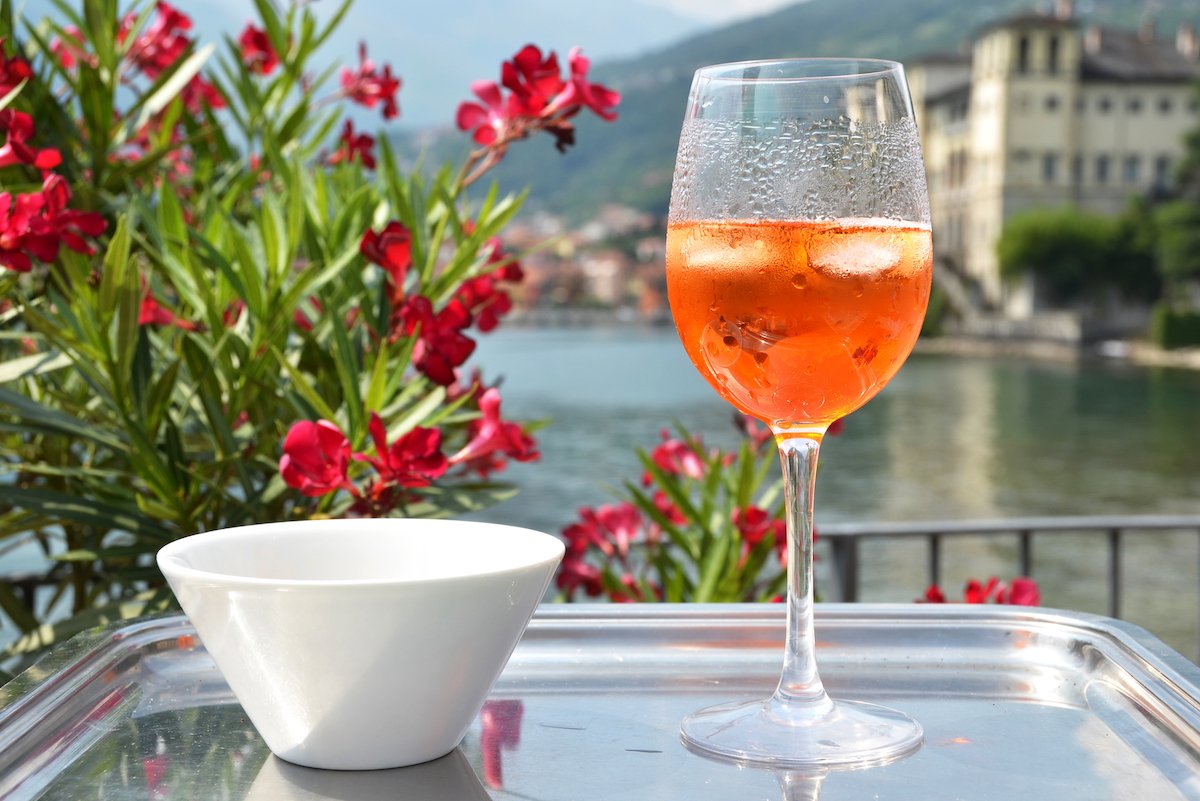
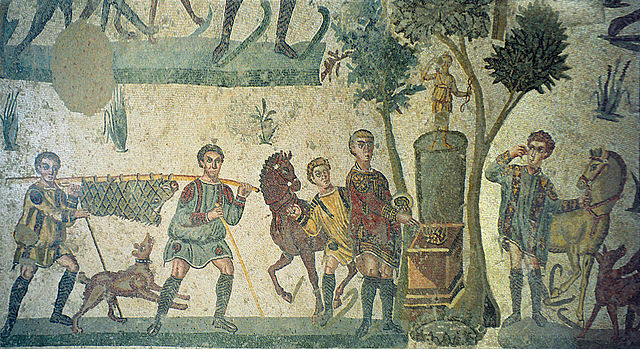

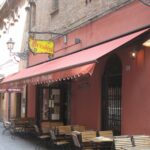
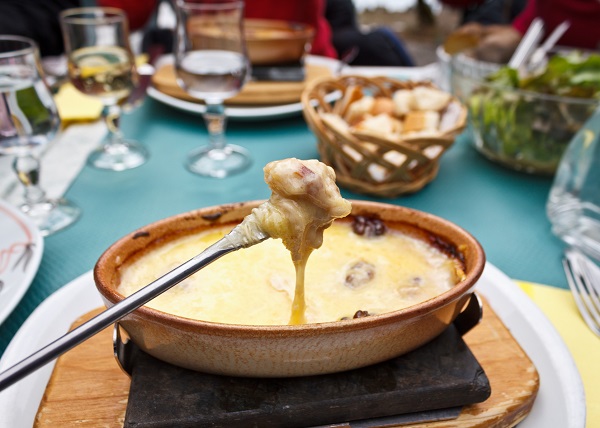







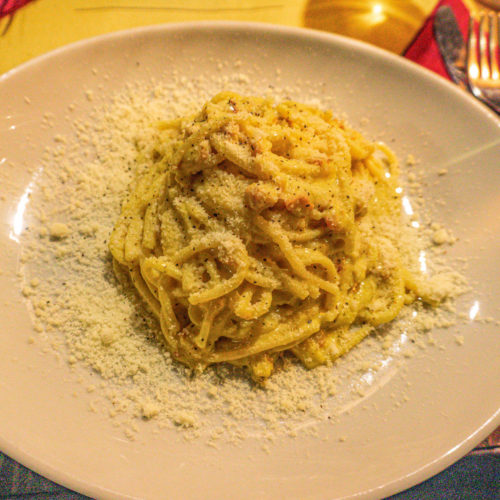
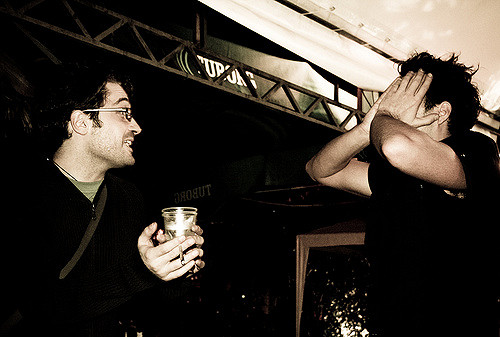

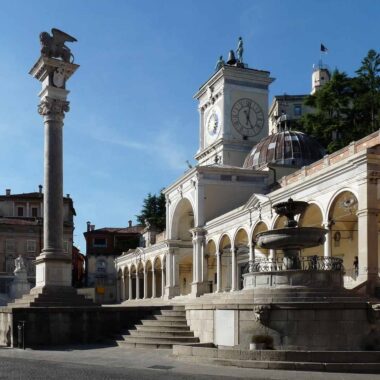
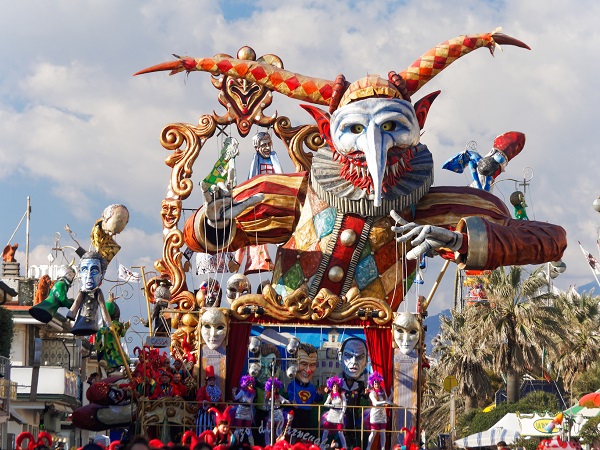

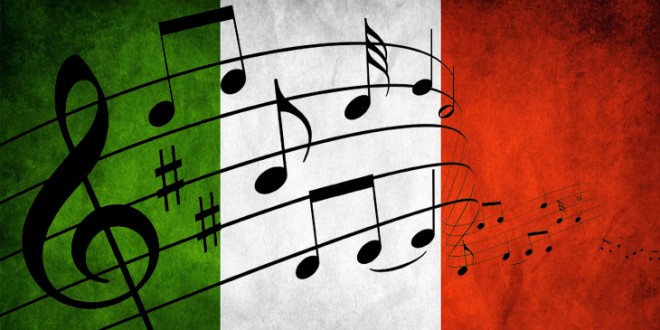
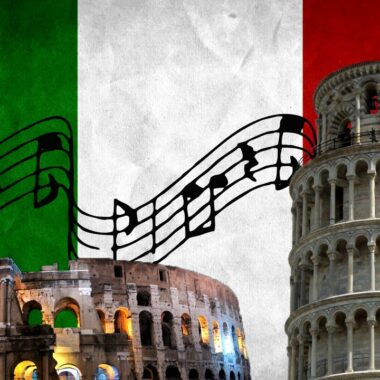
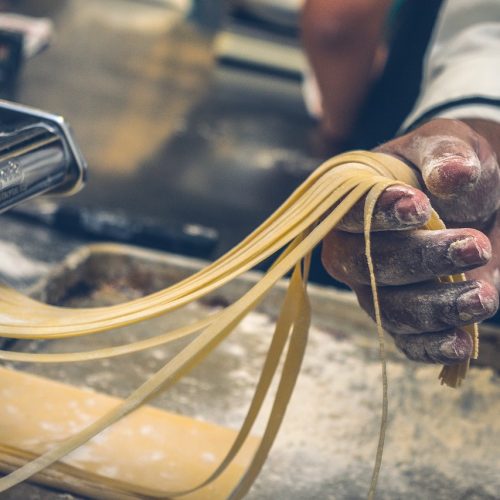
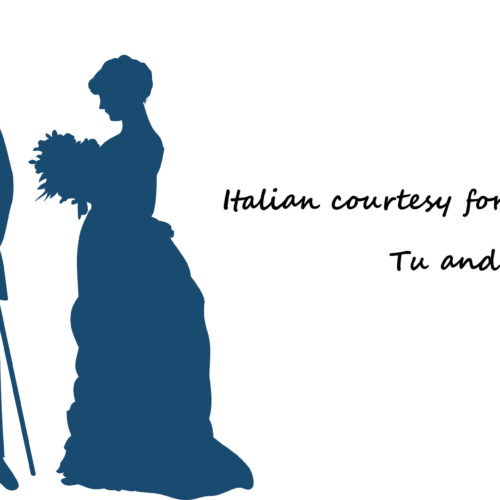


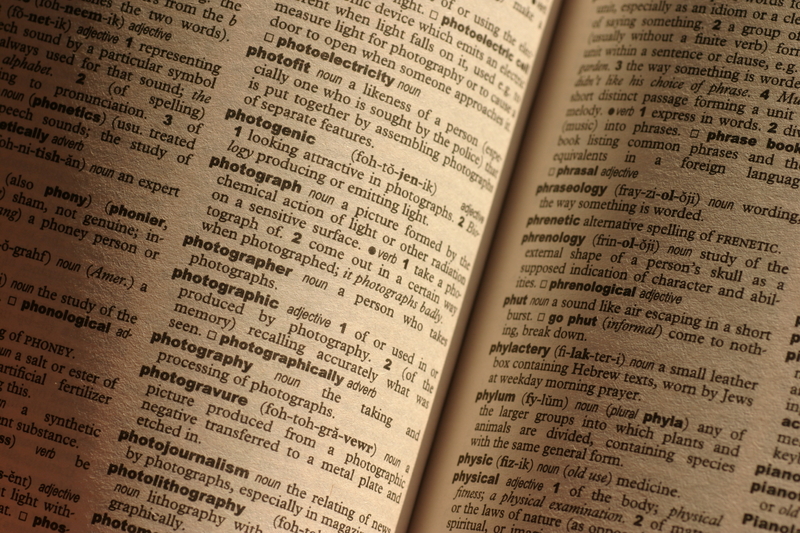


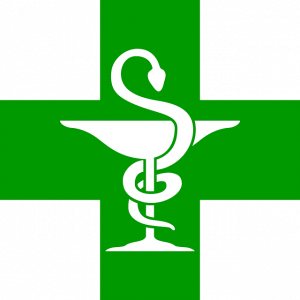




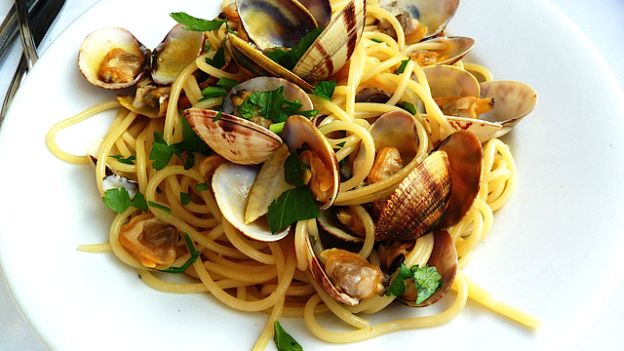
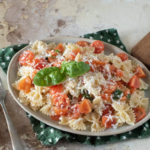



Good site in learning Italian language